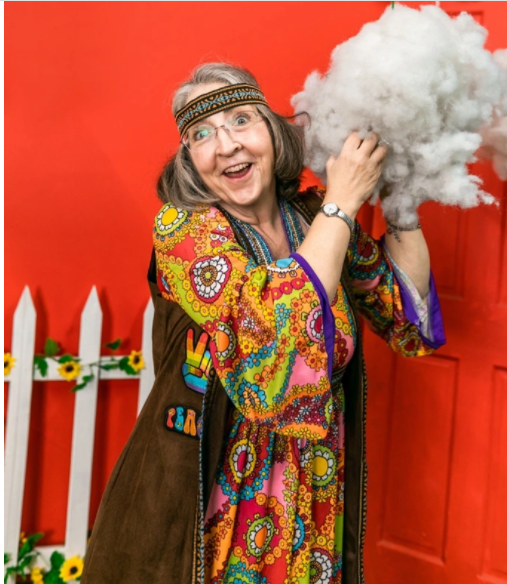An App to Help Those with Alzheimer’s Disease Recall Memories
An interesting study from the University of Toronto, and reported by The Medical News Today, introduces a smartphone app for people with memory impairments that may help reinforce their memories of life events. Researchers explain the HippoCamera app imitates the function of the hippocampus by consolidating a person’s memories. The hippocampus is believed to repeatedly replay memories to the rest of the brain at a high speed to help stabilize them for long-term recall.
Researchers explain the app works by recording everyday events in the person’s life and repeatedly playing them back to the person. They say the broader point of helping those with Alzheimer’s disease remember the events the HippoCamera recorded may be that remembering those things might result in a renewed ability to recall and share experiences. The lead study author, Dr. Chris Martin, says, “If you can better recall a specific moment from your recent past, you will have a stronger mental bridge between your present and past self.”
The study found people who used the app for two weeks experienced a 56% increase in their ability to recall the details of events recorded with the HippoCamera. People who used it for 70 consecutive days saw an 84% increase. Prof. Morgan D. Barense, senior investigator of the study and a cognitive neuropsychologist, says people also reported back the emotions they felt at the time and the people who were there. She adds their findings could encourage people to get into the habit of focusing on their memories and realizing there are simple things we can do to preserve them.
MorningStar at Bear Creek offers trusted memory care assisted living in Colorado Springs. Every aspect of our care addresses the needs of our residents starting with the very design of our community to a wide range of wellness programs, activities and healthy, delicious meals. Our techniques include a variety of multi-sensory cues designed to calm and awaken memories as well as to support the person’s capabilities and affirm their dignity and value. Please visit our website for more information on memory care assisted living.
MorningStar is guided by a culture rooted in our mission of honoring God, valuing seniors, and investing in our team, which allows us to deliver services with warmth, sincerity and depth of purpose. We have built a reputation for creating true homes filled with an atmosphere of love and community. Please contact us to learn more about the finest memory care assisted living in Colorado Springs.
Source:medicalnewstoday.com/articles/how-a-smartphone-app-may-help-boost-memory-recall#Why-strong-memories-are-important



















